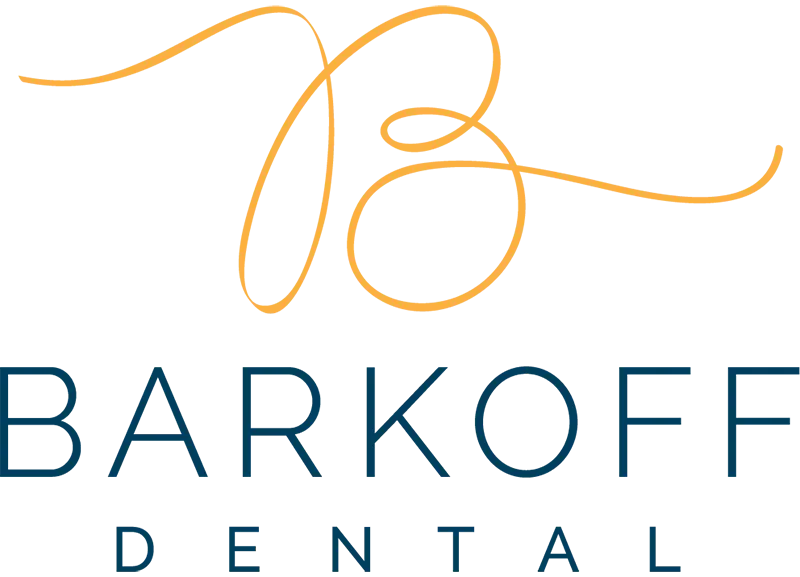TMJ is short for temporomandibular joint. This is the area where your lower jaw attaches to your skull. And, while it generally works beautifully like a sliding hinge, some people suffer from TMJ disorders that impact their quality of life.
The good news is that TMJ disorders can be painful but are treatable.
Understanding TMJ Disorder
Your TMJ is located on both sides of the head right near the ears. Every time you move your jaw up and down or side to side you are using this joint. That means each time you talk, chew food, or even yawn - you are making it work.
So, what causes it to go awry?
Unfortunately, there is no known cause of TMJ disorder, but there are a few things that seem to play a part, including:
- Bruxism - including teeth grinding or clenching
- Chronic stress
- Trauma or facial injury
- Arthritis
- Misaligned bite
- Genetics
If any of these things begin to disrupt the function of the TMJ disorder, symptoms can be felt.
Symptoms of TMJ Disorders
Certain signs can let you know your temporomandibular joint may need some extra attention. But it is important to keep in mind that not everyone will experience the same symptoms - and that the frequency and severity of symptoms can vary greatly, as well.
A few of the most common symptoms are:
- Headaches
- Clicking or popping in the jaw
- Locking jaw
- Difficulty or pain while chewing
- Toothaches
- Ear pain
- Pain with jaw movement
- Facial swelling
TMJ disorders can be difficult to recognize - and may even be confused for something else. For instance, things like headaches, toothaches, and earaches may not first be recognized as TMJ issues. It is important to share any symptoms you are feeling with your dentist. With a thorough dental examination, getting to the root cause of the symptoms can bring much-needed relief.
Treatment for TMJ Disorders
There are different ways in which TMJ disorders can be treated. For instance, if the symptoms are mild, applying heat or ice to the area, as well as eating soft foods and giving the jaw a rest can help bring relief. Even over-the-counter pain medication can be used if necessary. However, TMJ disorders can come with more persistent pain that requires professional treatment.
An evaluation of the mouth and jaw alignment can help to determine the jaw disorder - and determine the best treatment. There are non-surgical treatment options including anti-inflammatory medications, Botox injections, and stabilization splints.
Address your TMJ Disorder at Barkoff Dental
If you are experiencing any symptoms of TMJ disorder, it is best to seek treatment right away. Getting to the root cause and finding a solution that will offer relief will not only make you feel better - it can prevent future oral health issues.
Ready to get started? The dental experts at Barkoff Dental can help.
To learn more or schedule an appointment, contact us today at 516-921-1133. Or, request an appointment online.

